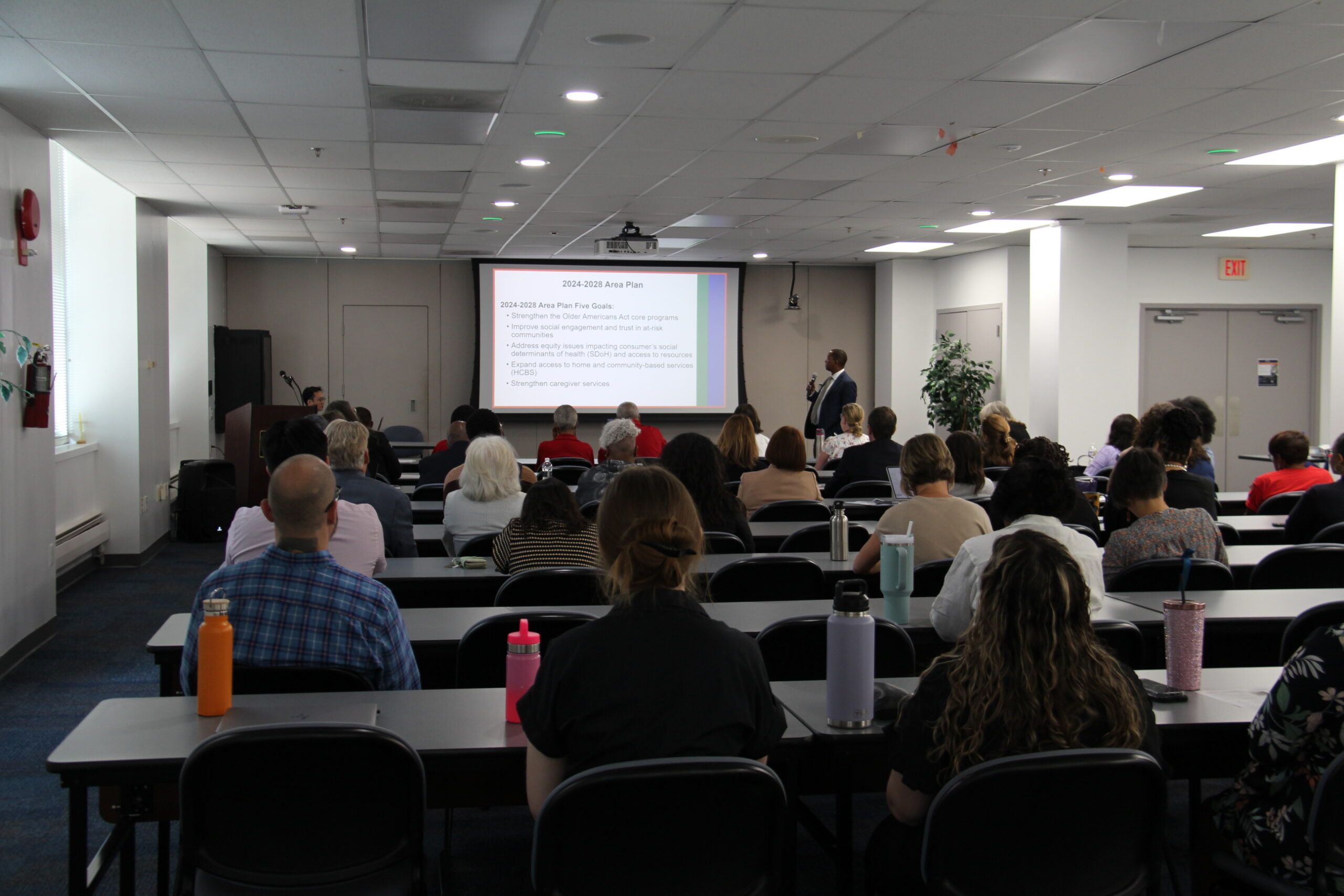Tips to Protect Older Adults from Fraud: National Senior Fraud Awareness Day
Joann, an older adult from Delaware County, was recently scammed out of $12,000 after fraudsters targeted her with relentless calls and texts for weeks in an elaborate swindle. After learning about the ordeal, Joann’s local Area Agency on Aging (AAA), the County Office of Services for the Aging (COSA), quickly stepped in, connecting her with advocates and vital resources to help her recover what she lost and protect her from further exploitation.
Sadly, Joann’s story is not uncommon. Each year, millions of older Americans are targeted by scammers. Pennsylvania older adults experience major financial losses of about $2.1 billion in fraud each year. At PCA, we are committed to protecting older adults in Philadelphia from financial exploitation to avoid stories like Joann’s.
In honor of National Senior Fraud Awareness Day on May 15, here are seven essential tips to help older adults, their families, and caregivers stay safe and informed:
- Stay Alert to Common Scams
- Older adults are frequently targeted by scams such as tech support fraud, government impersonation, and investment schemes. Learn to recognize these tactics by watching information videos like this one from the Pennsylvania Department of Aging and share these warning signs with friends and family.
- Don’t Share Personal Information
- Never give out Social Security numbers, bank account details, or other sensitive information over the phone, email, or text-especially to unsolicited contacts.
- Be Cautious with Unsolicited Offers
- If you receive unexpected phone calls, mail, or emails offering services or prizes, pause before responding. Research the company or individual and verify legitimacy before taking any action.
- Protect Yourself in the Use of Technology
- Avoid clicking on pop-ups, links, or attachments from unknown sources, as these can install malware or lead to phishing sites.
- Use of strong, unique passwords for online accounts, and keep computers and mobile devices updated with reputable security software.
- Monitor Bank Accounts and Credit Reports and Designate a Trusted Contact
- Use account alerts and review statements regularly for unauthorized transactions. Consider tools or services that help monitor for unusual activity. Add a trusted family member or friend to your financial accounts to receive alerts about suspicious activity and help prevent fraud.
- Resist Pressure to Act Quickly
- Scammers often create a sense of urgency. Take your time, consult with someone you trust, and never rush into financial decisions or transactions.
- Report Suspected Fraud Immediately
- If you suspect you or someone you know has been targeted, report it to local law enforcement, Pennsylvania Department of Aging, the Pennsylvania Attorney General’s Office, or the FBI’s Internet Crime Complaint Center.
Staying Alert Year Round
While National Senior Fraud Awareness Day is only one day a year, we encourage you to stay alert all year round. By staying vigilant, informed, and proactive, older adults in Philadelphia and their families can help prevent fraud and keep their finances secure.
For more resources, visit PCAcares.org. To report elder fraud, visit pa.gov.




